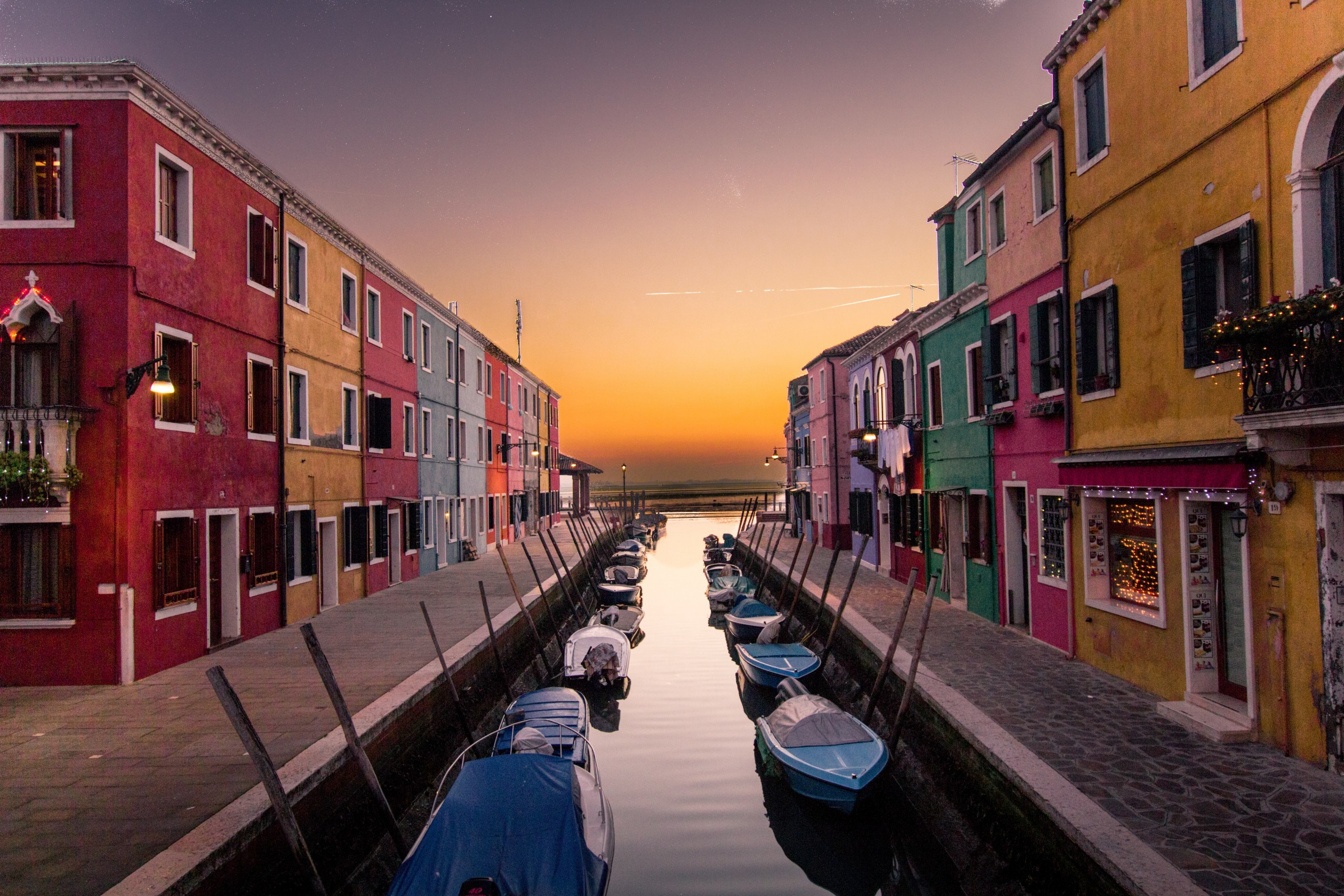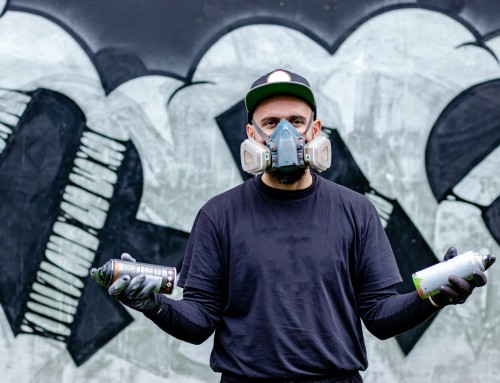The preservation and revitalization of cultural heritage is crucial in maintaining a connection to our history, fostering a sense of identity, and stimulating creativity and innovation in urban environments. The ROCK (Regeneration and Optimization of Cultural Heritage in Creative and Knowledge Cities) project is a groundbreaking initiative that aims to address this need, harnessing cutting-edge technology and collaborative strategies to transform historic urban areas into thriving, sustainable, and culturally vibrant spaces. In this blog post, we’ll take a closer look at the ROCK project and its objectives.
The ROCK Project: Objectives and Approach
Funded by the European Commission’s Horizon 2020 program, the ROCK project brings together a diverse consortium of partners, including local authorities, research institutions, and private sector organizations. The primary objectives of the project are to:
Develop innovative tools and strategies for the sustainable regeneration of historic urban areas: ROCK aims to create a comprehensive suite of tools and methodologies that can be used by cities to analyze, plan, and implement cultural heritage regeneration initiatives. These tools include advanced data analytics, digital platforms, and participatory governance models, which can help cities make informed decisions and ensure that regeneration projects are responsive to the needs of local communities.
Foster collaboration and knowledge exchange between cities: By creating a network of “Role Model” and “Replicator” cities, the ROCK project encourages the sharing of best practices, lessons learned, and innovative approaches to cultural heritage regeneration. This peer-to-peer learning model allows cities to learn from one another and adapt successful strategies to their own unique contexts.
Support the growth of creative and knowledge-based industries: The ROCK project recognizes the potential of cultural heritage to stimulate economic growth and job creation, particularly in the creative and knowledge-based sectors. By creating vibrant, culturally rich urban spaces, the project aims to attract businesses, entrepreneurs, and skilled professionals, fostering a thriving ecosystem of innovation and creativity.
ROCK in Action: Case Studies
To showcase the potential of the ROCK approach, the project is being implemented in several pilot cities across Europe, including Bologna, Lisbon, and Skopje. These case studies demonstrate the diverse range of challenges faced by historic urban areas, as well as the innovative solutions that can be developed through the ROCK framework.
For example, in Bologna, the ROCK project is focused on revitalizing the historic Jewish Ghetto, using digital technologies to reconstruct the area’s history, engage local stakeholders, and develop a long-term vision for the district. In Lisbon, the project is working to transform the Marvila neighborhood into a vibrant cultural hub, promoting sustainable tourism, creative industries, and community engagement.




